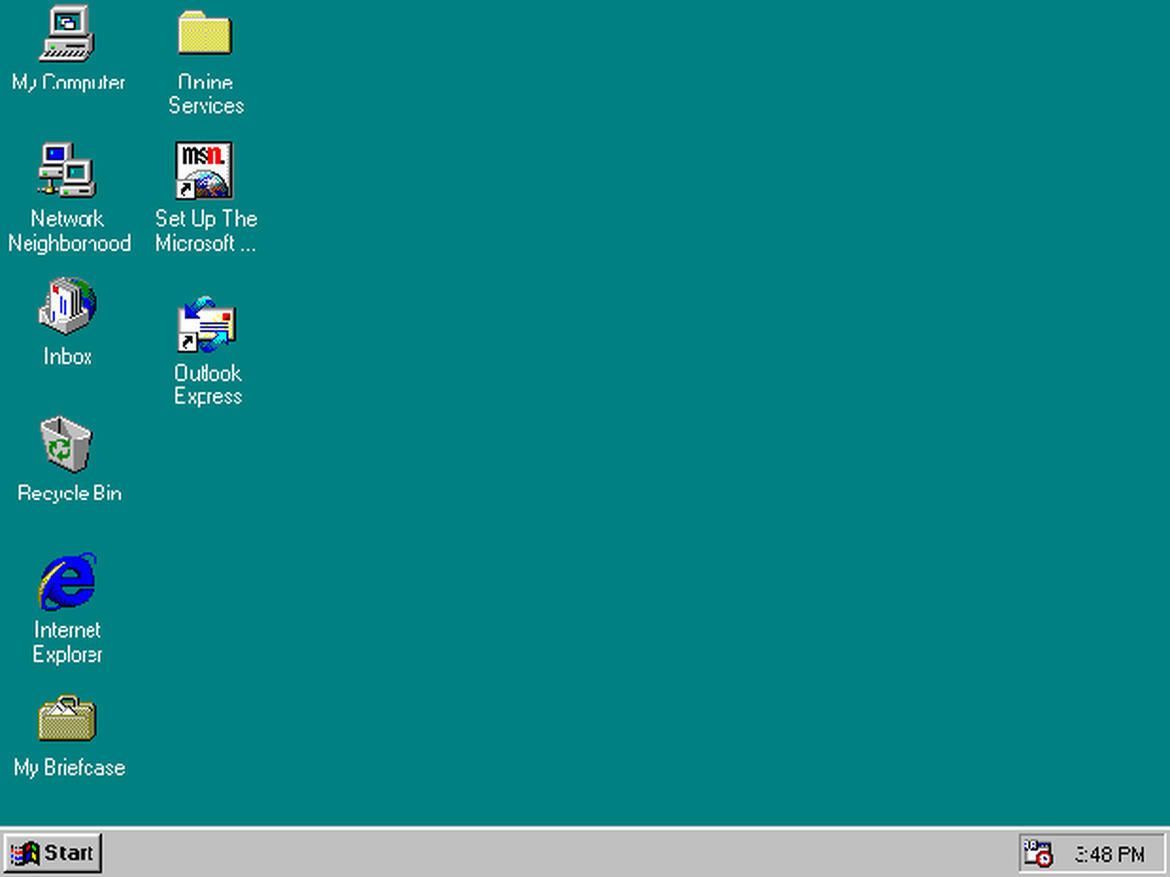
A flight data issue triggered the automatic shutdown of data processing across both primary and backup IT systems at the UK’s National Air Traffic Services (Nats) – triggering the cancellation of 1,200 flights on Tuesday alone and forcing staff to resort to manual processing.
The incident raises major questions about the resilience of UK aviation systems and comes after the organisation admitted in a strategic report that it had “extended the delivery timeframe for new technology to replace ageing systems” after facing a “significant liquidity challenge.”
NATS is a private-public partnership that is majority owned by the UK government with 48.9%. The Airline Group Limited holds 41.9%; LHR Airports Limited 4.2%; the NATS Employee Share Trust Limited 5.0%.
It was significantly hurt financially by the pandemic, noting in June 2022 that “the income we received [for that year] was far below the cost we incurred for operating the UK’s national airspace infrastructure…”
(The Civil Aviation Authority, which oversees NATS, has set up an "Airspace Modernisation Strategy Support Fund" to "aid projects in support of the delivery of airspace modernisation" but funding is just £2 million yearly.)
Automatic processing suspended...
NATS said on August 29: “Initial investigations into the problem show it relates to some of the flight data we received. Our systems, both primary and the back-ups, responded by suspending automatic processing to ensure that no incorrect safety-related information could be presented to an air traffic controller or impact the rest of the air traffic system.”
NATS operational director Juliet Kennedy added in a short video that the issue meant that “the automatic system which provides controllers with details of every aircraft and its route, wasn’t working. Instead, to manage safety, we had to limit the number of flights we could manage…”
Similar earlier issue blamed on software from ‘90s

A similar air traffic system issue in the run-up to Christmas 2014 was also triggered by data issues at NATS; compounded by legacy software.
Get the full story: Subscribe for free
Get the story, a weekly newsletter (you can turn that off if you want) and help us fight bots and feral algorithms. Subscribe today.
Already a member? Sign in
